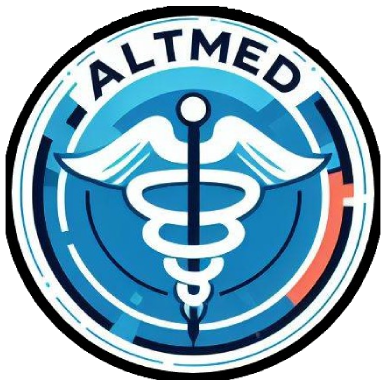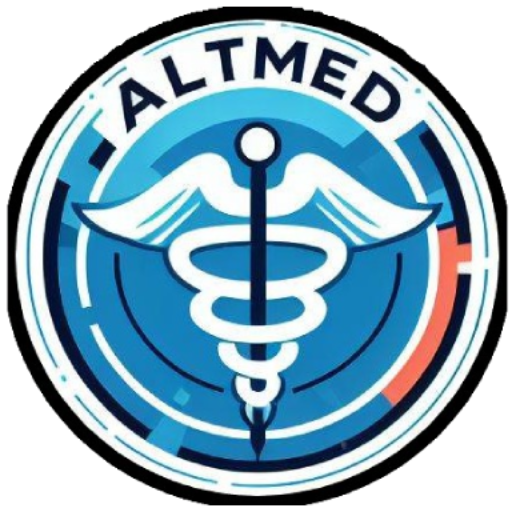Introduction:
Li et al. (2021), in their meta-analysis published in Journal of Affective Disorders, assessed the comparative efficacy and acceptability of neuromodulation techniques in treating treatment-resistant depression (TRD). This study synthesized randomized controlled trial data, providing a robust framework for clinical decision-making.
Key Points for Providers:
- Scope of the Analysis:
- The study evaluated rTMS, ECT, DBS, and other neuromodulation procedures.
- Efficacy, safety, and patient acceptability were central to the comparisons.
- Findings:
- rTMS and DBS emerged as highly effective interventions with favorable acceptability profiles.
- ECT remained a gold-standard for severe TRD but with lower acceptability due to side effects.
- Novel techniques showed promise, though further data is required for long-term safety and efficacy.
- Clinical Relevance:
- The study provides a data-driven perspective on selecting appropriate neuromodulation techniques based on patient profiles and severity of TRD.
- Incorporating neuromodulation into treatment plans could improve outcomes for patients unresponsive to pharmacotherapy and psychotherapy.
- Implications for Future Research:
- Head-to-head comparisons of newer modalities are necessary.
- Investigating biomarkers for predicting neuromodulation response would enhance personalized medicine approaches.
The VitalPoint for Providers:
Li et al.’s meta-analysis is a valuable resource for integrating neuromodulation into TRD management. By providing comparative efficacy and safety data, it aids in tailoring interventions to patient needs, advancing the standard of care.
Further Reading:
- Li H, Cui L, Li J, Liu Y, Chen Y. Comparative efficacy and acceptability of neuromodulation procedures in the treatment of treatment-resistant depression: a network meta-analysis of randomized controlled trials. J Affect Disord. 2021 May 15;287:115-124. doi: 10.1016/j.jad.2021.03.019. Epub 2021 Mar 11. PMID: 33780827.
- https://pubmed.ncbi.nlm.nih.gov/33780827/

